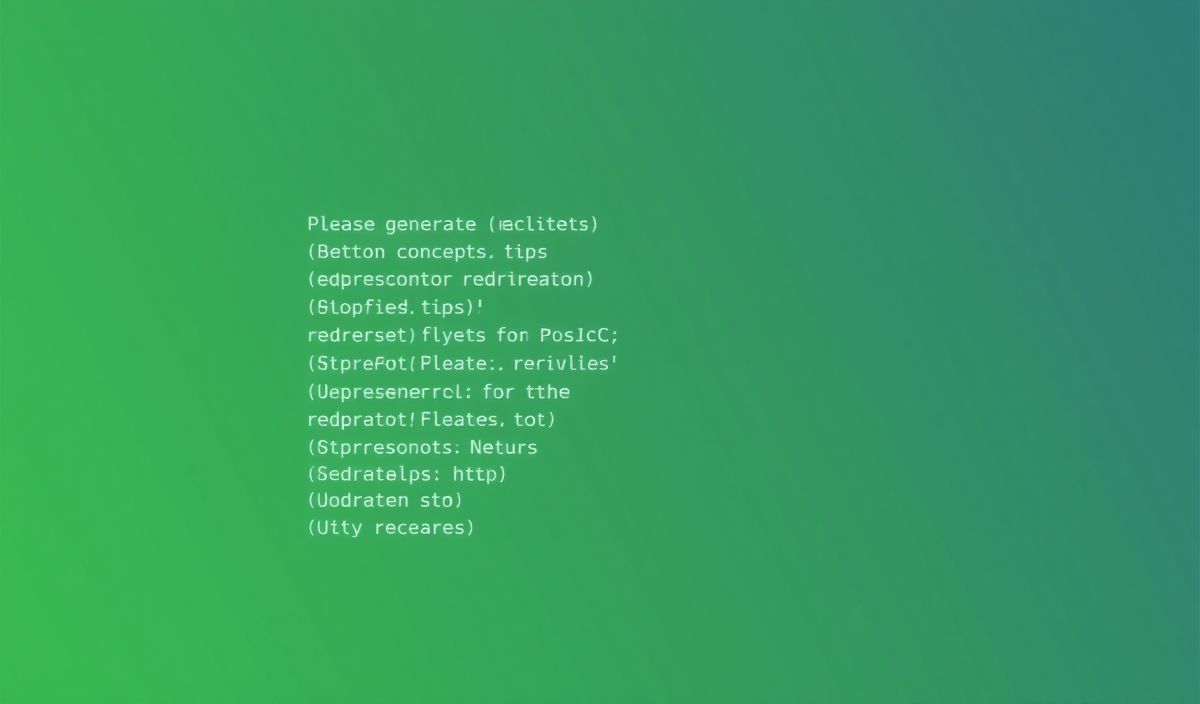Introduction to follow-redirects
follow-redirects is a versatile Node.js library designed to handle HTTP and HTTPS requests while seamlessly following redirects. This functionality is essential for developing applications that need to interact with web services and APIs efficiently.
Getting Started
To begin using follow-redirects, you need to install it using npm:
npm install follow-redirects
Basic Usage
Here is a simple example of using follow-redirects:
const { http, https } = require('follow-redirects');
https.get('https://example.com', (response) => {
response.on('data', (chunk) => {
console.log(chunk.toString());
});
});
API Examples
1. HTTP GET Request
const { http } = require('follow-redirects');
http.get('http://example.com', (response) => {
let data = '';
response.on('data', (chunk) => {
data += chunk;
});
response.on('end', () => {
console.log(data);
});
});
2. HTTPS POST Request
const { https } = require('follow-redirects');
const data = JSON.stringify({ key: 'value' });
const options = {
hostname: 'example.com',
port: 443,
path: '/path',
method: 'POST',
headers: {
'Content-Type': 'application/json',
'Content-Length': data.length,
},
};
const req = https.request(options, (res) => {
let responseBody = '';
res.on('data', (chunk) => {
responseBody += chunk;
});
res.on('end', () => {
console.log(responseBody);
});
});
req.write(data);
req.end();
3. Handling Redirects
const { http } = require('follow-redirects');
const options = {
maxRedirects: 5,
hostname: 'example.com',
path: '/redirect',
method: 'GET',
};
http.get(options, (response) => {
response.on('data', (chunk) => {
console.log(chunk.toString());
});
});
App Example
Let’s build a small application utilizing follow-redirects:
const { https } = require('follow-redirects');
const express = require('express');
const app = express();
app.get('/fetch-data', (req, res) => {
https.get('https://api.example.com/data', (apiRes) => {
let data = '';
apiRes.on('data', (chunk) => {
data += chunk;
});
apiRes.on('end', () => {
res.send(data);
});
});
});
app.listen(3000, () => {
console.log('Server is running on port 3000');
});
In this example, we create an Express.js server that fetches data from an external API. The server listens on port 3000 and provides an endpoint /fetch-data that returns the data fetched from the API.
Hash: 60b5d62874afbed119884192aba36f64da0dba61c29ea9ab5ffc63e8c8c8b038




